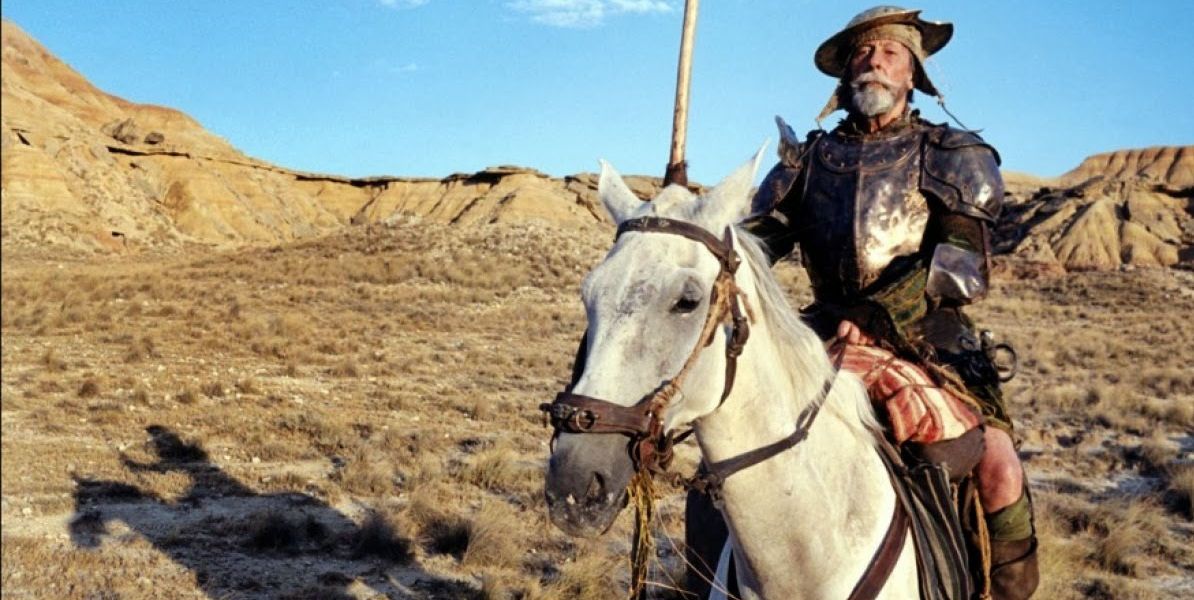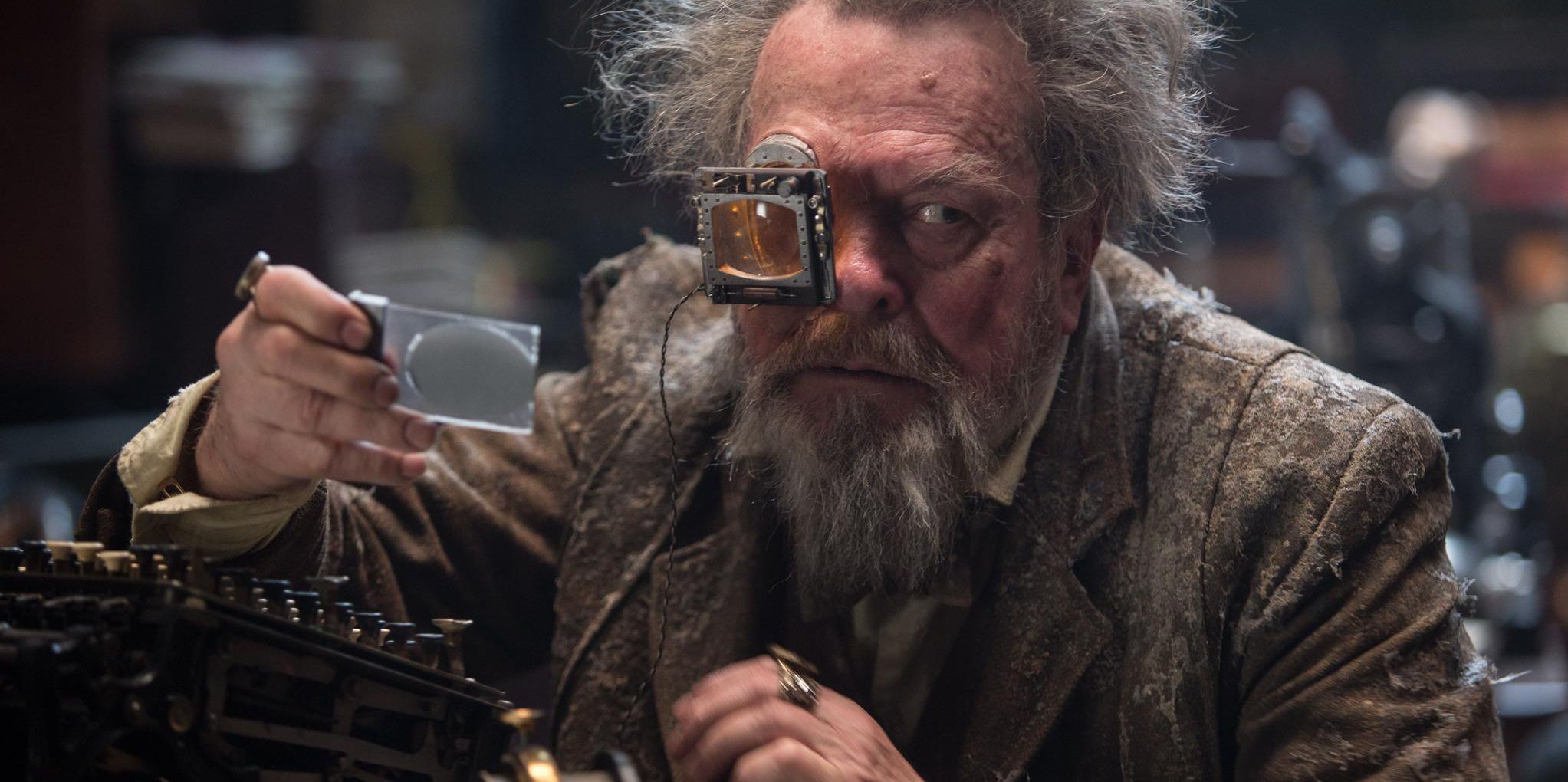As streaming services vie for more credibility in the growing competition with the old school studio system, we the viewers are the ones reaping the greatest rewards. Netflix has given us quality television like Bloodline and will soon be throwing their weight behind the Brad Pitt Netflix film War Machine. Meanwhile, Hulu Plus continues to scoop up shows dropped by the major networks (The Mindy Project) to heroically give them new life, and in the process net their sizable audiences.
In the interest of keeping a dog in this hunt, Amazon has been recently upping their competitive game by giving attractive deals to prominent artists such as Spike Lee, Jean-Pierre Jeunet and Jim Jarmusch. Another such artist to receive such a deal is celebrated filmmaker and auteur Terry Gilliam. Part of this deal includes funding and releasing Gilliam's passion project, The Man Who Killed Don Quixote, a film that his fans have been clamoring for since his first attempt at making it in the late 90's.
The Man Who Killed Don Quixote mixes the story and mythology of Cervantes' classic novel Don Quixote with a present day twist. An ad executive becomes unstuck in time and travels back and forth between present day and 17th century La Mancha, where he is mistaken for his reluctant squire, Sancho Panza, by Don Quixote himself.
The film is said to star Jack O'Connell (TV's Skins, Unbroken) with the brilliant casting of John Hurt (The Elephant Man, Only Lovers Left Alive) as the titular Quixote. The concept of mixing the present day with the story of Don Quixote is not a new one. In 1955, Orson Welles attempted to make a film of the property, but was shut down due to financing problems.
Similarly, Gilliam's first attempt at filming his vision of the classic story was halted abruptly by not only financial strain, but also by a flood destroying the set and the departure of his lead actor due to illness. He attempted again in 2008 to remount the project, only to have funding fall through a second time. Gilliam's experience with finance trouble on the film was nothing new, as he had struggled with studios before over the very same issue, leading to his stark disillusionment with Hollywood.
...Which is why Terry Gilliam is so amenable to a change in the way movies get made, and therefore so attracted to Amazon's modus operandi, which includes a plan to release the film in theaters briefly, and then a streaming service release soon after. Said Gilliam:
“They go into the cinemas first and then a month or two afterwards they go into streaming. And I think that’s good because you get a chance to see it on the big screen, and yet I know that more people have seen my films on DVD than they have in the cinemas and that’s the reality of life now.”
To see Gilliam given the means and freedom to finally finish The Man Who Killed Don Quixote is to be given a new hope that streaming services like Amazon, in their desire to compete with and eventually overtake the old guard, will give voice and opportunity to the small and mid-range directors the blockbuster-obsessed studios seem to have forsaken.
The Man Who Killed Don Quixote will be in theaters in 2016.
Source: Indiewire


